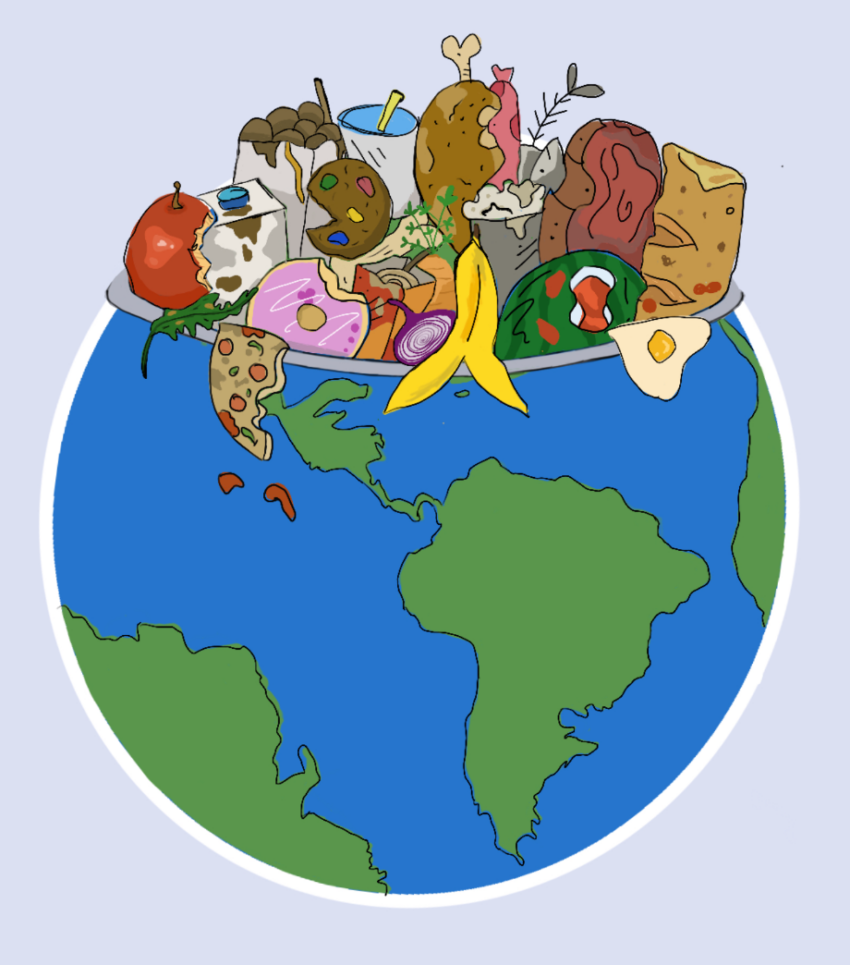A Look at Sodexo’s Waste Practices
By Sophie Urey, Contributor
On Friday, September 8th, Governor Mills declared September 25th through 29th as Maine Food Waste Awareness Week. In the official proclamation, Mills cited somewhat alarming statistics on food waste in Maine: 35% of Maine-produced food is thrown away, but that food could instead be used to feed one in ten Mainers who face food insecurity. These numbers line up with the national average, with the USDA estimating that anywhere from 30-40% of the US food supply is thrown away. Touting the dangerous production of methane gas and the benefits of composting, Mills concludes the proclamation by stating that she “encourage[s] all Maine people–young and old– to become aware of the wasted food in our homes, schools, and all around us, and to commit to stop throwing food away.”
Adopted in part by the efforts of the University of Maine students and faculty, specifically the Senator George J. Mitchell Center for Sustainability Solutions, USM should be on board with reducing food waste across our campuses; especially since a school in our very own university

system helped to implement Maine Food Waste Awareness Week. However, this is not the case.
Looking at data from the last ten years, Sodexo, the service used for dining on campus, is a huge culprit in food waste. The amount of food thrown away each year swings from a low of 26 tons in 2013 to a staggering high of 118.5 tons in 2019. Most years, though, land around 60-80 tons of food waste. (2021 being an exception, with 32.2 tons, perhaps due to covid-related restrictions on campus.) As of spring 2023, there was 73.3 tons of food waste this year.
In order to understand how food waste is treated in our dining halls, I talked with a former Sodexo worker on the Gorham campus. They said that although uneaten food is put into compost bins by employees at the end of the day, there is no strict regulation on this rule. They stated, though, that employees generally know to put uneaten food into the compost bins. They also explained that this is why there are no trash cans in Brooks Dining Hall: “they try to get everything that needs to be composted into compost.”
Currently, Sodexo does not have an agreement with local food banks to donate uneaten food, because most of it is composted. However, many grocery stores in the area, like Hannaford and Whole Foods Market, donate food that is still able to be eaten. USM even has its very own food pantry, which could benefit from food that cannot be used by Sodexo. As the inaugural Maine Food Waste Awareness Week comes to a close, perhaps Sodexo could consider alternatives for diverting its food waste, and giving some food to people (and students) who need it.


im so good at posting stories